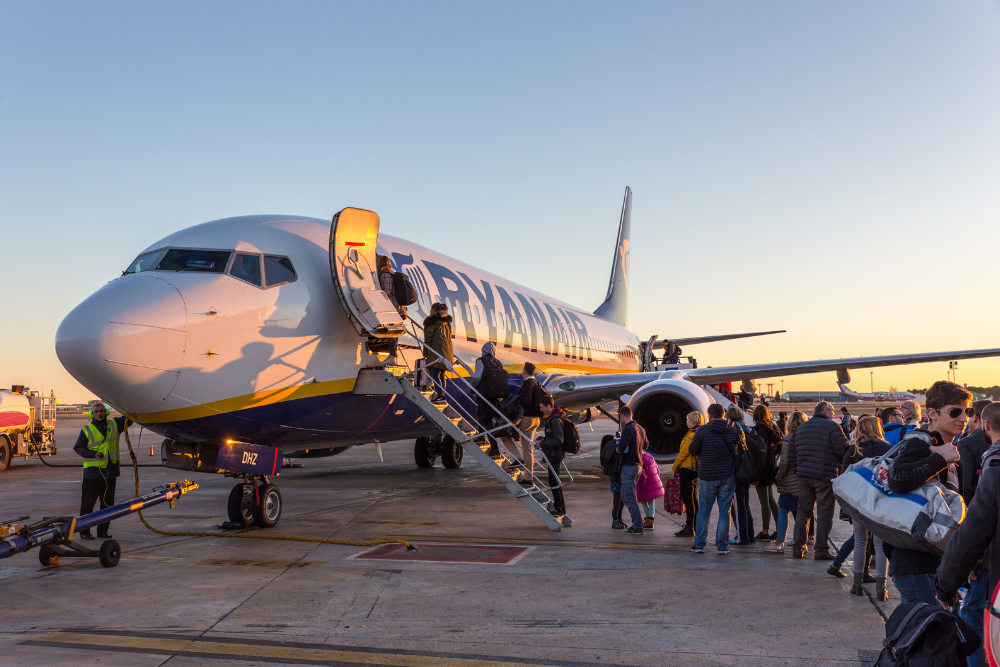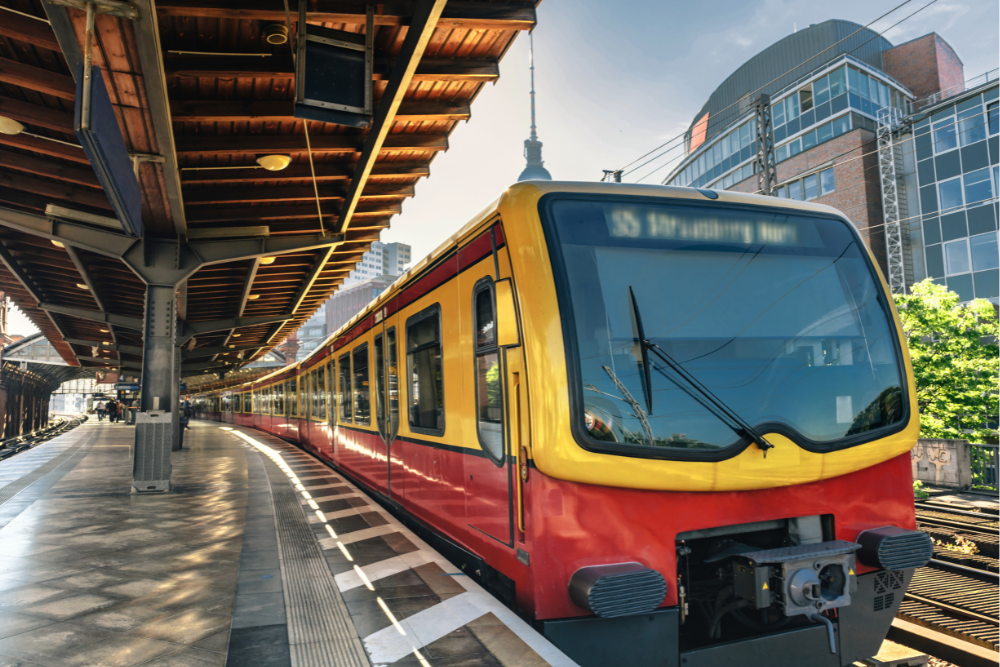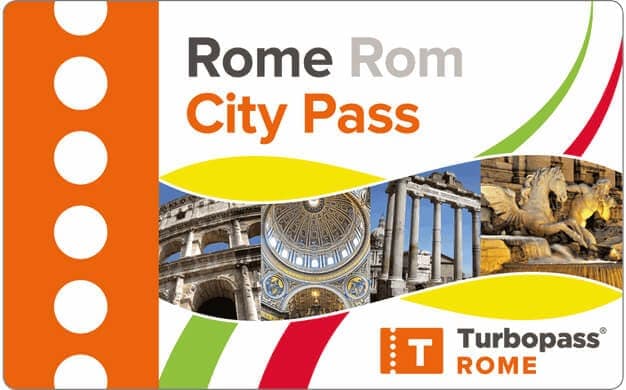Uncover smart tips to experience Europe’s iconic cities and hidden treasures on a budget.

Europe doesn’t have to break the bank! With a bit of planning and resourcefulness, students and young adults can experience the magic of Europe without blowing their budget. From affordable accommodation to clever transportation tips, these budget-friendly strategies will help you explore Europe without sacrificing adventure.
1. Choose Budget Airlines and Flexible Travel Dates

Take advantage of Europe’s low-cost airlines like Ryanair, EasyJet, or Wizz Air. These budget carriers offer incredibly cheap flights, especially if you book in advance. Flexibility is key—flying midweek, during off-peak seasons, or even at odd hours can save you big. Make sure to factor in any additional fees for luggage, priority boarding, or seat selection. Use fare comparison tools like Skyscanner or Google Flights to find the best deals across multiple airlines and dates.
2. Stay in Hostels or Use Couchsurfing

Hostels offer affordable accommodation and social opportunities for young travelers, with many located in central areas. Websites like Hostelworld or Booking.com provide reviews to help you find clean, safe, and budget-friendly options. Couchsurfing, a platform where locals offer free stays, is another great way to save while connecting with hosts. Not only do you cut lodging costs, but you can also gain local insight into your destination. Always check reviews and make sure the host is verified for added security.
3. Use Public Transport or Walk to Explore

Public transportation in Europe is not only efficient but often much cheaper than taxis or rental cars. City buses, trams, and metro systems are easy to navigate, and passes can be purchased for unlimited travel over several days. Walking is another excellent option for exploring, especially in Europe’s pedestrian-friendly cities. Many cities offer free walking tours where local guides share historical insights and recommendations. By avoiding costly taxis or tourist-focused transportation, you’ll save money while getting a more authentic experience.
4. Cook Your Own Meals or Eat Street Food

Save on dining costs by cooking your meals if your accommodation provides a kitchen. Local grocery stores and markets offer fresh, affordable ingredients, giving you the chance to try new flavors while sticking to your budget. If cooking isn’t an option, Europe’s street food scene is rich and varied, offering a taste of local cuisine at a fraction of restaurant prices. From crepes in Paris to currywurst in Berlin, street food allows you to enjoy authentic flavors without the hefty price tag.
5. Look for Free Attractions and Activities

Many European cities offer free or discounted admission to museums and galleries on certain days, so research your destination’s cultural offerings before you arrive. Free walking tours are common in major cities and provide an informative and budget-friendly way to explore. Additionally, parks, public squares, and historical landmarks like London’s Hyde Park or Rome’s Spanish Steps are free to visit. Outdoor festivals, markets, and street performances also offer entertainment without draining your wallet.
6. Purchase City Passes for Discounted Access

City passes, such as the Paris Pass or Rome City Pass, offer discounted access to top attractions and public transportation. These passes can include priority entry to museums, guided tours, and free rides on buses or subways, making them an excellent option if you plan to see multiple sights. Some passes also include discounts at restaurants and shops. Before purchasing, ensure you’ll visit enough attractions to justify the cost, and compare the pass price to individual admission fees to make sure it’s worth it.
7. Book Trains and Buses in Advance

Booking train and bus tickets in advance is a great way to save money on transportation throughout Europe. Platforms like Omio and Trainline let you compare prices across different routes and companies, making it easy to find the best deal. Night trains and buses can save on accommodation costs by allowing you to sleep while traveling long distances. Discounts are often available for students, and some countries offer rail passes that cover multiple destinations, which can further reduce travel expenses.
8. Travel in Groups to Split Costs

Traveling with friends or fellow students allows you to share costs on accommodation, transportation, and meals. Renting a group-friendly Airbnb or hostel dorm room can be cheaper than booking individual rooms. Group rates are often available for activities, tours, or transportation. Many European cities offer discounts on public transportation passes for groups, which can further reduce travel expenses. Additionally, sharing meals or shopping for groceries together can help stretch your budget while providing more social experiences.
